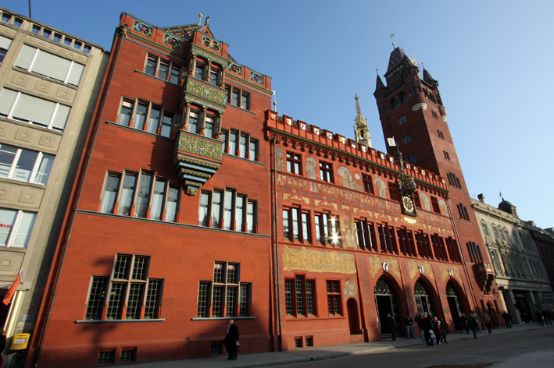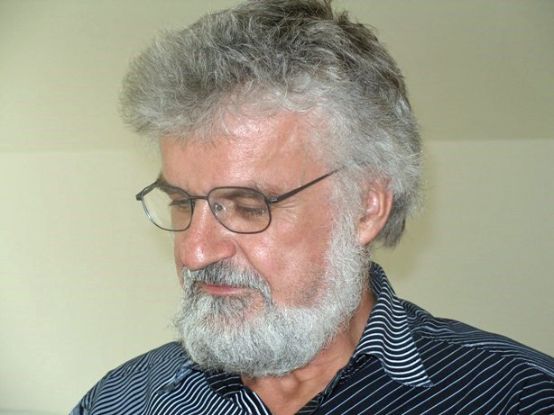Where exactly Beethoven ran through an apparently abundant downpour with the manuscript of his piano sonata or took the extra mail will probably remain a mystery forever. Was it in Troppau (Opava) in Moravia, when he left Grätz Castle in a hurry and full of anger after an argument with Prince Lichnowsky that undermined his pride? At least that is what Theodor von Frimmel reports, referring to a recollection of the doctor Anton Weiser, who was present at the dinner. Or did water simply seep through a traveling bag on the subsequent journey to Vienna, as Paul Bigot de Morogues, once librarian to Prince Rasumowsky, noted many years later on a printed edition of the work? In the latter case, Beethoven is said to have "laughing at his still very wet work" to the pianist Marie Bigot, who then played the soaked composition at sight. In the other case, the sonata (and thus also its musical expression) is part of a scene in which aristocratic arrogance and artistic self-confidence clashed. It is doubtful whether Beethoven wrote a letter from Troppau the following day to the prince, who had been his patron until then. However, the following statement, which has apparently only survived in spirit, perfectly reflects the insurmountable discrepancy between status and talent (similar to the anecdote about Mozart and Joseph II, also from the 19th century): "Prince! What you are, you are by chance and birth, what I am, I am by myself. There have been and will be thousands of princes, but there is only one Beethoven."
Against this background, the epithet "Appassionata" could hardly be more aptly chosen for the Sonata in F minor op. 57: the characters of the two outer movements are always passionate and tempestuous. In the opening movement in particular, the barely fully formulated theme shakes the outer form with its impulsive urgency, and the virtuosic cascades of the finale rush through the ambitus towards the end. Perhaps because Beethoven kept the tempo indications fairly neutral (Allegro assai, Andante con moto and Allegro ma non troppo), the work was not particularly popular with the public at the beginning. As is so often the case, this required a posthumous addition: the designation "Sonata appassionata" first appeared on the title page of an arrangement for four hands (!) published by Cranz in Hamburg in 1838 and was soon gratefully received by other publishers. Carl Czerny, however, did not like this romanticizing epithet - because in his eyes the sonata "is in any case too great".
If you would like to see the water damage in the autograph for yourself, the Online facsimile on the website of the Bibliothèque national de France recommended.




















